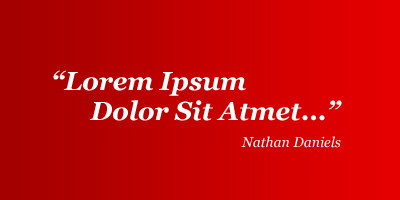|
The international community should not impose its own standards on the fledgling Afghan democracy, in particular when it comes to reintegrating elements of the Taliban, a NATO expert told a gathering of Allied parliamentarians Sunday in Riga.
“We must stop drawing ‘red lines’ for these negotiations,” said Jack Segal, chief political advisor to the Commander of NATO Joint Force Command Headquarters at Brunssum, speaking at the Spring Session of the NATO Parliamentary Assembly.
He was referring to pressure some Allied nations are putting on Kabul to hold talks with the Taliban only under certain conditions. “The political strategy calls for the reconciliation and reintegration of what President Karzai calls “our upset brothers”,” Segal said, “again, we need to listen to him.”
Some Allies have objected to the talks with the Taliban, saying that their fundamentalist policies – for example on girls’ education - should disqualify them from participating in government.
“It is not our decision whether the rights of women are irreversible in Afghan society,” Segal said. “It is not up to us to impose a system of government that we prefer. It is not our role to define democracy for the Afghans, whose system of shuras and jurgas seems pretty democratic to me.”
According to Segal, a Taliban member of the Afghan parliament once told him, “You want to change the way I live in my house, and I won’t let you – never”.
Afghans must be left to sort out their government for themselves, he said, even if the process was bound to involve “unpleasant concessions.” “The outcome is likely to be ambiguous, uncertain and imperfect. We need to accept that,” he said.
Segal said he agreed with President Karzai that the national army would benefit from conscription, to address the underrepresentation of the southern Pashtun ethnicity.
Above all, he stressed the need to let the Afghan institutions take the lead in running the country, reminding his audience that the A in ISAF stands for “Assistance.”
The Assembly’s Spring Session brought together around 340 delegates from allied and associated countries in Riga from May 28 to June 1. The full programme of the Session is available at http://www.nato-pa.int/default.asp?SHORTCUT=2014.
NATO Parliamentary Assembly Press Service
This e-mail address is being protected from spambots. You need JavaScript enabled to view it
Mobile phone: + 371 20269377. |




